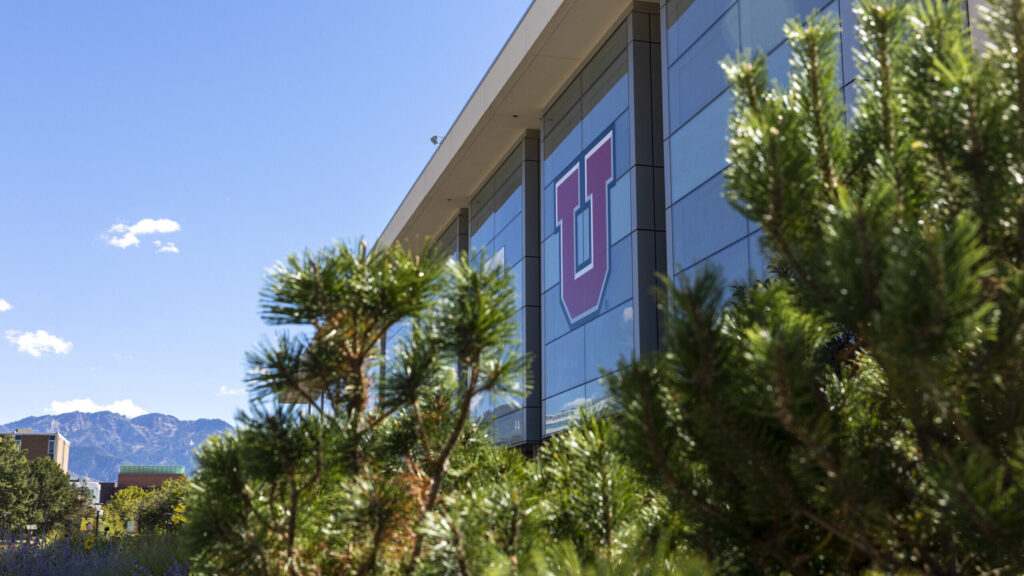SALT LAKE CITY — Economic data shows that completing higher education benefits individuals and their communities, according to the Kem C. Gardner Policy Institute at the University of Utah.
University of Utah President Taylor Randall said, “The evidence supports the promise of higher education to uplift people and contribute to a better world.”
personal benefits
According to a policy brief written by Melanie Bailey and Andrea Thomas Brandley, people with higher education degrees experience a better quality of life.
Earning an advanced degree, such as a master's degree or doctoral degree, makes you less likely to experience poverty or unemployment.
Figure 1 of the Policy Summary reflects that the median income for people with advanced degrees in Utah in 2022 is $87,987. The median income for those with a bachelor's degree was $59,740, and the median income for those without a high school diploma was $34,583.
The graph also showed the median income for those with a high school diploma and those with an associate's degree or college degree.
The policy brief also stated that students who have at least one person in their family with a graduate degree are more likely to attend and complete at least one university or college program.
Figure 4 reflects that 77.9% of those whose parents have a bachelor's degree also completed higher education. On the contrary, only 38% of those whose parents did not have a bachelor's degree had completed post-secondary education.
This chart also reflects data for people where only one parent has an advanced degree.
Postsecondary education refers to education completed after high school graduation. This includes university and vocational school programs.
People who completed more education had better health. Additionally, they reported higher health insurance coverage rates than other companies.
Finally, the policy brief said people who earn a graduate degree report increased confidence in their future and increased happiness.
Higher education benefits society
According to the policy brief, people who have completed more education are more likely to participate in their communities and vote.
Figure 9 of the Policy Brief reflects that 46% of degree holders volunteer in their communities. Only 25% of those without a degree did the same in 2023.
Additionally, 78% of those with post-secondary education participated in elections. Among those who had not completed their education, only 53% showed participation.
The policy brief states that for every dollar the state spends on higher education, it returns an estimated $3 in tax revenue. This income is generated by the increased wages earned by those who complete higher education.
Finally, those who have completed post-secondary education are less likely to rely on public assistance.
economic benefits
In addition to the benefits enjoyed by individuals and society, the economy also benefits from higher education.
Utah's public higher education system provided an estimated 130,000 jobs in 2023. According to the policy summary, Utah is one of the largest employers in the state.
Utah's research universities foster innovation and attract outside funding. According to the policy brief, these have led to the creation of new businesses, made sector-changing discoveries and influenced innovation.
Utah's R1 research universities, the University of Utah and Utah State University, generate 82.6% of Utah's $11.3 billion contribution to the state's economy.
“At the University of Utah, we are focused on student achievement because we recognize that our work helps students increase their lifetime earnings, increase their financial mobility, and lead happier, healthier, and more fulfilling lives. “I put it there,” Randall said.
Related:


